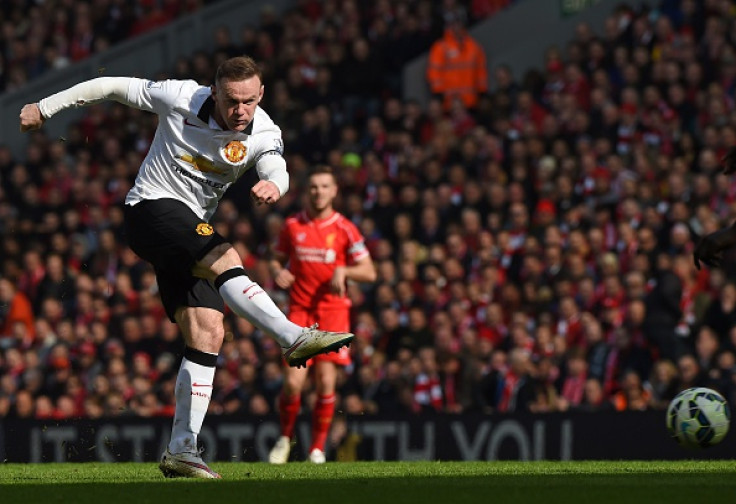Premier League: £1bn TV cash bonanza to help find next Wayne Rooney and pay 'living wage'

Premier League TV money will go towards finding the new Wayne Rooney after Sky and BT paid £5.1bn ($7.6bn) to secure broadcast rights for the division.
At least £1bn will be shared outside of the Premier League from 2016-17 to 2018-19 towards grassroots facilities and increasing participation in the hope of developing world-class talent for the national team.
Clubs have also committed to pay staff a "living wage", which stands at £9.15 an hour in London and £7.85 an hour for the rest of the UK.
The announcement came after Premier League clubs agreed the top tier of English football should pour some of its vast riches into all levels of the sport.
More than 50 new artificial grass pitches have already been earmarked this season in communities across the UK to improve sports coaching in schools and inspire young people to play sport.
The £1bn investment would "unprecendented" in sport, the league said but hinges on an Ofcom investigation into the bidding process after a complaint by Virgin Media.
Premier League money - where will cash go?
Grassroots facilities
Participation – sporting and educational development of young people
Fan engagement and matchday experience
Solidarity with lower leagues
Supporting disadvantaged groups
Premier League chief executive Richard Scudamore said: "The clubs have always stepped up to the plate when it comes to sharing their success. They appreciate that the development of the Premier League is contingent to a high degree on continued high levels of passionate support and a vibrant football pyramid.
"These are unprecedented levels of redistribution in world sport, let alone football, which will deliver long-term progress for English football whether you are a fan, lower league club or involved in the grassroots.
"Clearly this package is dependent on the outcome of our international live rights and the ongoing Ofcom investigation, so the detail won't be known until later this year or in early 2016."
FA Chairman Greg Dyke welcomed the scheme, saying it matched the governing body's ambition to improve grassroot facilities, coaching and educating coaches.
© Copyright IBTimes 2024. All rights reserved.






